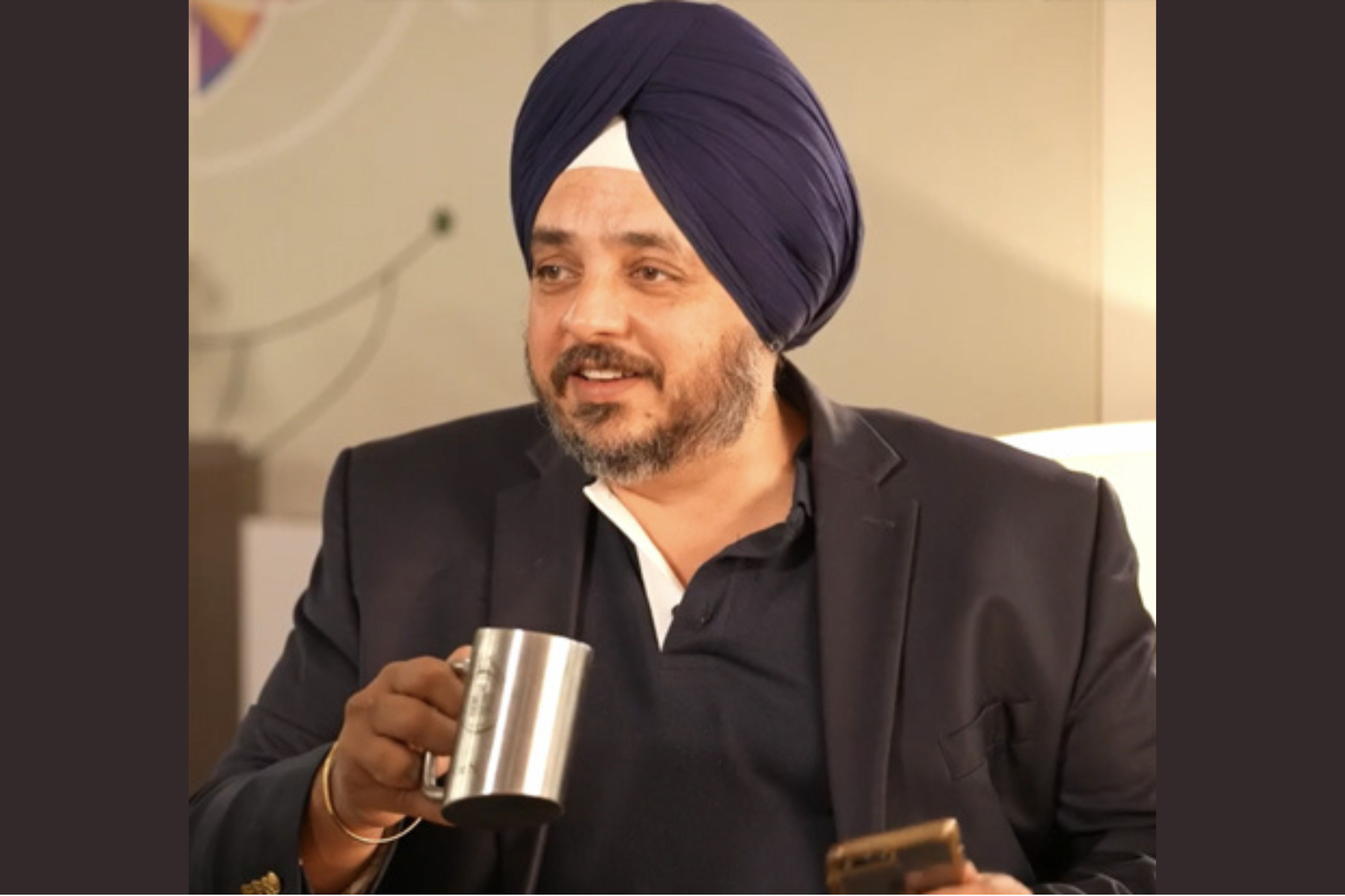Plastic Waste – Where Are We Today? The reason plastics have come into the limelight is because they are rarely recycled and often leak into the natural environment
Opinions expressed by Entrepreneur contributors are their own.
You're reading Entrepreneur India, an international franchise of Entrepreneur Media.

Today, the world is struggling to recover from its plastic pollution epidemic. Corporations, municipalities, and national governments are proposing and implementing bans on single-use plastics. The reason plastics have come into the limelight is because they are rarely recycled and often leak into the natural environment. A prominent example of this is when plastic reach the oceans it breaks down into smaller pieces known as microplastics rather than biodegrading or dissolving, which poses great threats to marine life including fish.
The complex and heterogeneous nature of plastics in any waste stream hinder their recycling. Traditionally recyclable plastics are collected in most countries which are then segregated and reintroduced to the economy as reusable materials in the form of pellets, fibres or several types of products.
However, the non-recyclable plastics, including single-use plastic bags, straws, cutlery and multi-layered plastic packaging, are often not even collected, much less processed.
This is mainly due to the low or no value assigned to this waste stream. Additionally, single-use plastics are too lightweight to make it through the mechanical recycling sorter. They drop through sorting screens and mix with other materials and are too small to separate, contaminating recycling loads or getting disposed of as garbage.
Therefore, the methods to dispose of thin-film and low-grade plastic, are focused mainly on storage (in landfills) and incineration. To make matters worse, multi-layered and thin-film plastics are light and durable and often find their way into rivers and seas from tourist areas and urban centres due to littering or waste mismanagement.
Few people realize that items like plastic bags, food wrappers, straws, and take out containers are some of the top 10 items found during beach clean-ups. But the most significant reason to ban these single-use plastics such as straws and bags is the tremendous capability of these items to do so much harm to the natural environment.
Today, seabirds, turtles and other marine creatures are all affected by single-use waste plastic in rivers and oceans—either being maimed by plastic waste or by ingesting it. By 2050, 99% of all sea bird species will have ingested plastic.
Is there a solution?
As an item of convenience and not of necessity for the vast majority of us, refusing the single- use plastics is the easiest and simplest way for everyone to take action today to address plastic pollution. This also applies to companies that reduce their use of non-recyclable plastics in production and distribution across the supply chain.
However, it is not always easy to make choices based on plastic since other aspects like cost, convenience, safety, transportation and cleanliness remain important factors when manufacturing and buying products.
Given that society continues to be dependent on single-use and multi-layered plastics, it is important to find a solution to sustainably manage this waste stream. The first step to achieve this is segregation of plastic waste at source by consumers and industries. In countries where no segregation practices exist, the solution would be to assign a high-value to the waste stream to channel the waste into processing facilities.
A responsible and sustainable way to manage this waste is to reverse the process of plastic production by turning the single-use plastics into fuel. The plastic to fuel technology is a cost-effective method to process low-grade plastic waste into high-energy by-products. Pyrolysis thermally degrades the plastic component to produce oil and synthetic gas.
The depolymerisation method converts rejected waste material, which would otherwise leak into the environment, into high-value liquid energy carriers. Furthermore, the fuel resulting from the process is sulphur-free and chemically pure with insignificant emissions compared with low-quality fuels.
A study recently established that this waste-derived fuel had 58% lower water consumption and up to 96% lower fossil fuel consumption than conventional low-sulphur diesel fuel. The plastic to fuel technology not only helps in diverting waste away from the natural environment but does so by creating by-products that would have a significantly higher carbon emission and resource intensity.
Society is producing an increasing amount of waste which makes the need to develop sustainable and scalable methods of disposal necessary. It is not enough to adhere to traditional waste management methods landfilling, incineration and composting. As a collective, governments and organisations should aim to increase their resource efficiency while conserving and rehabilitating the ecosystem that supports all life.













